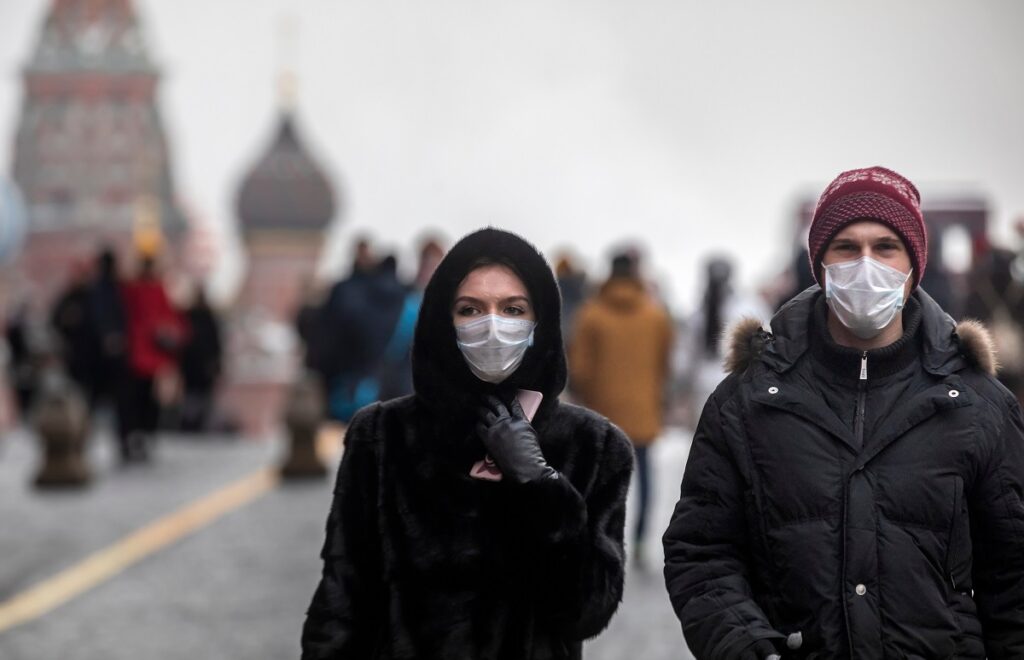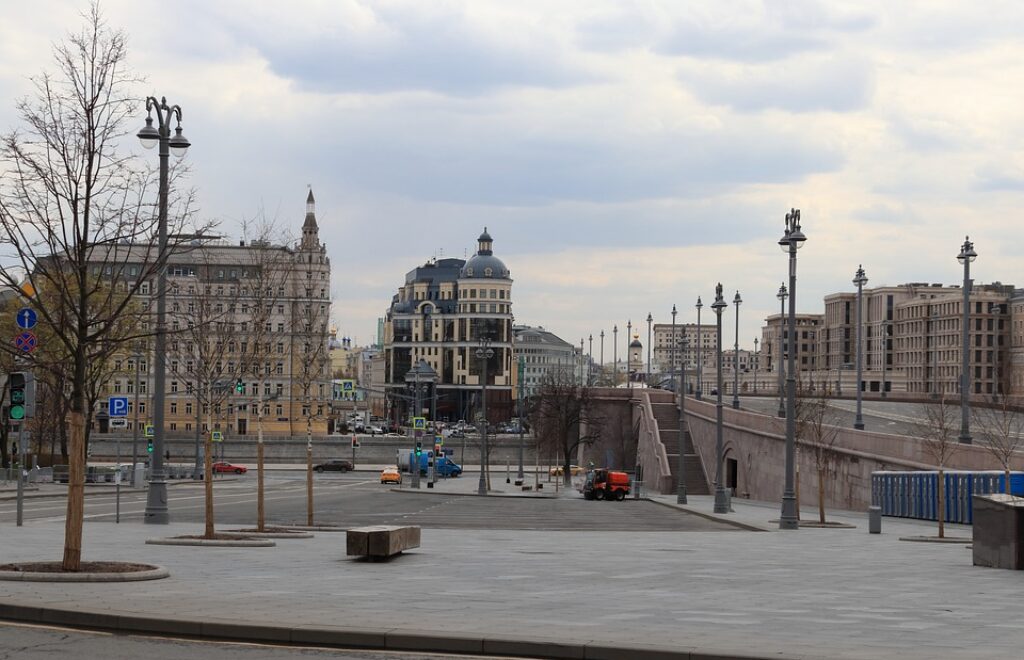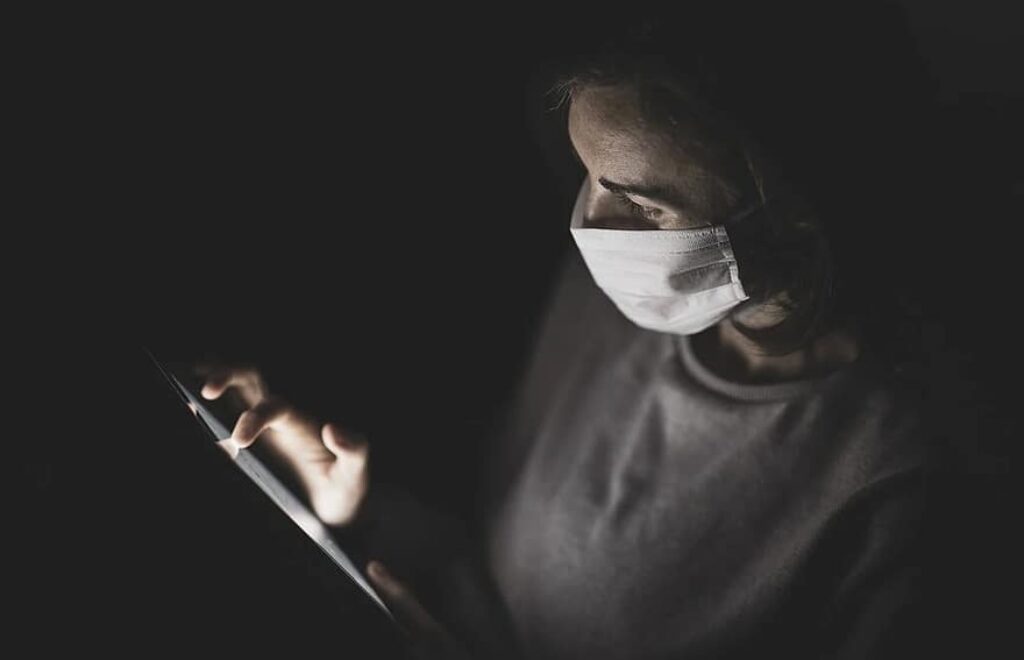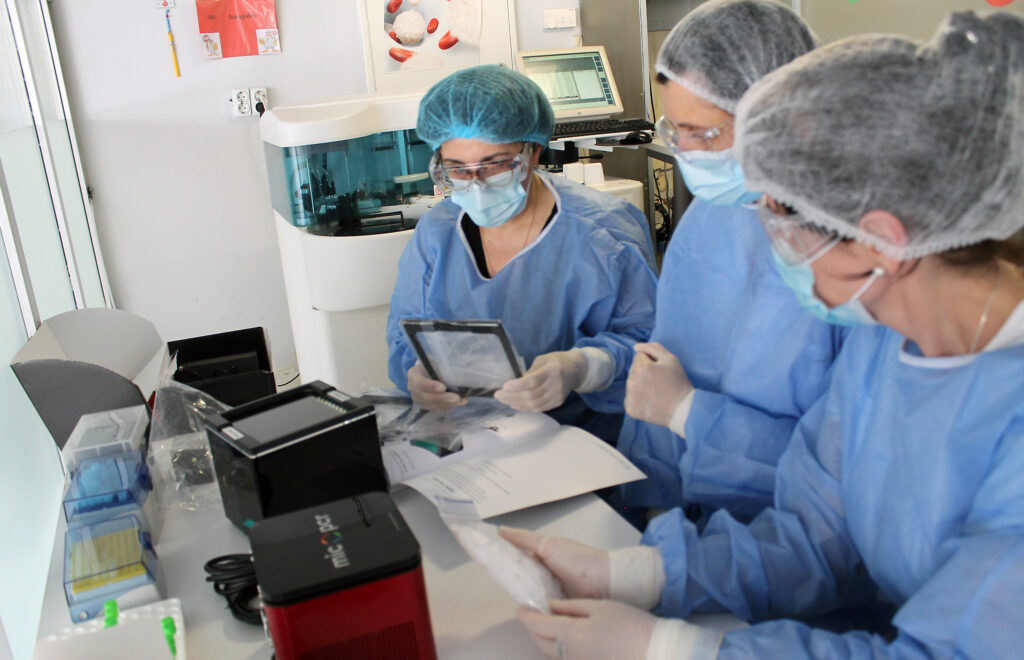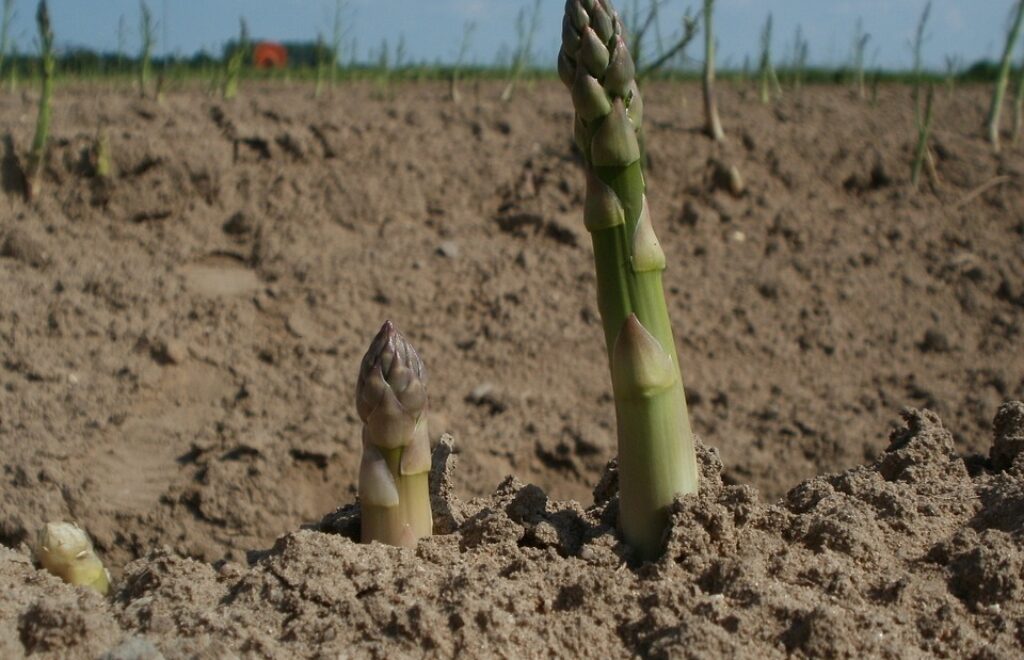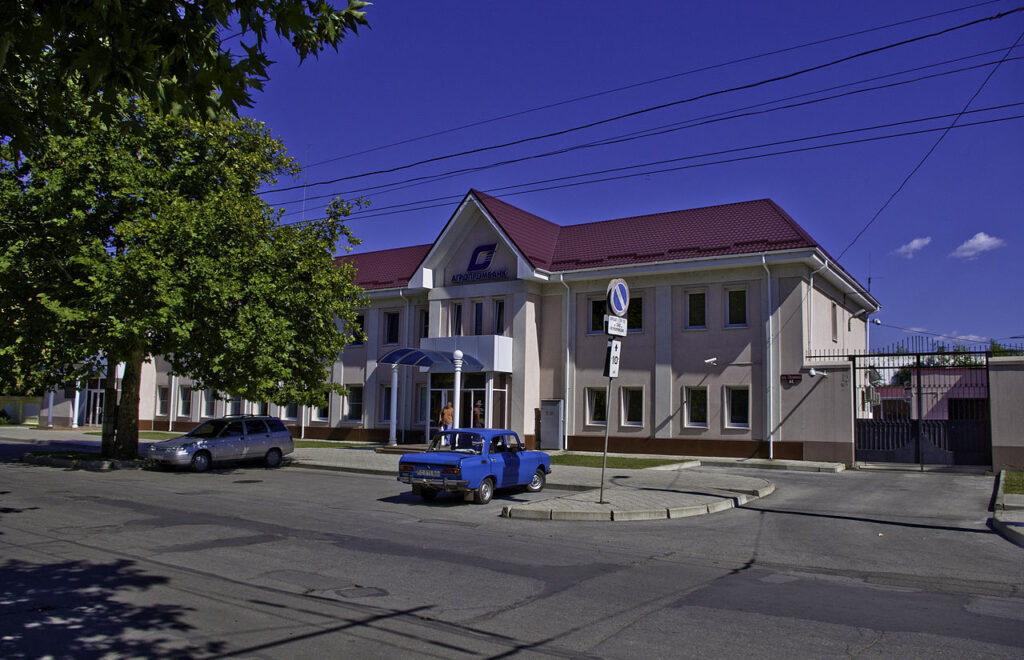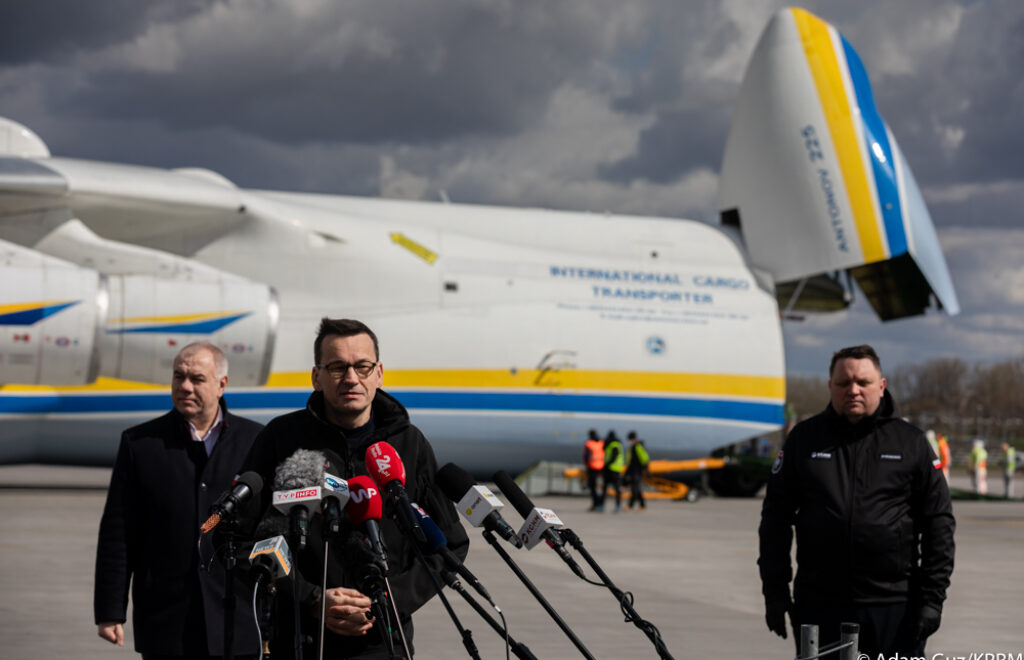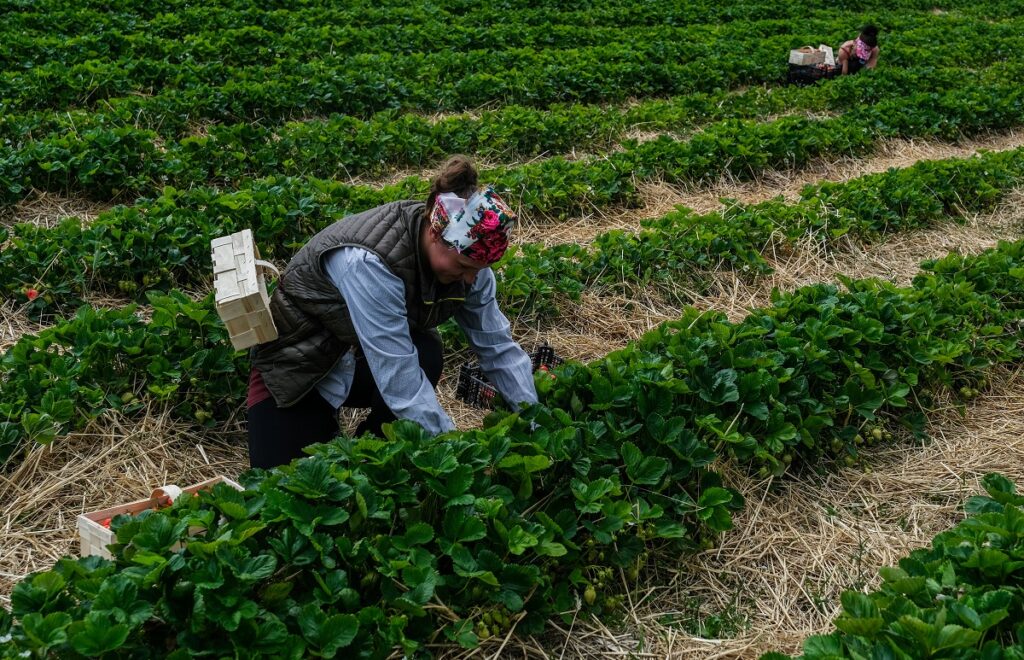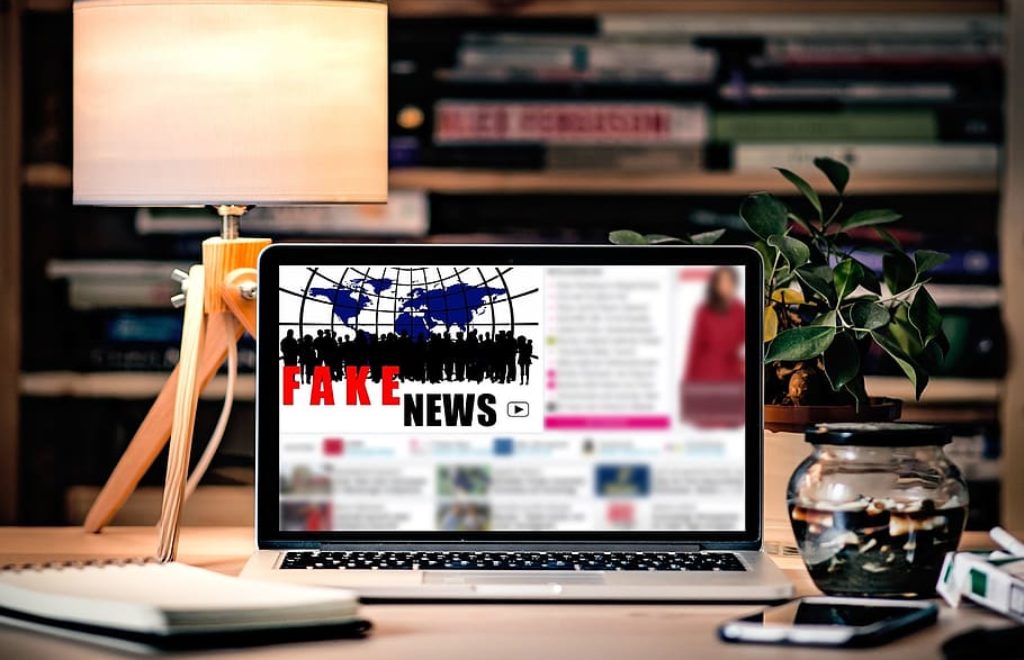Lvivians have much in common with Italians. They enjoy the company of others and lead social lives. They cannot live without coffee and gossip, and they gladly start conversations with strangers. Maybe this is why we have the highest infection rates in Ukraine.
I live in Lviv, where I work as a tour guide. I tell people stories. Today I have a story to share with you. It is about Lviv, Ukraine and guided tours in the time of coronavirus. The pandemic did not come to us unexpectedly. After all, we had been watching the news. It did, however, come suddenly, like a wave that covered the entire tourist sector and beyond. On March 9th, I was returning to Lviv from a weekend away in the mountains. Life was going on as usual. That day I picked up an advance payment for a hotel group stay that was planned for June. I also received an e-mail informing me of a cancelled a trip scheduled for March 21st. This request surprised me and seemed unfounded at the time. After all, we only had one confirmed case of coronavirus in all of Ukraine!
September 7, 2020 -
Katarzyna Łoza


